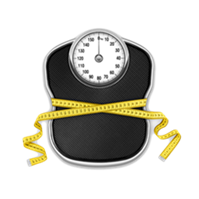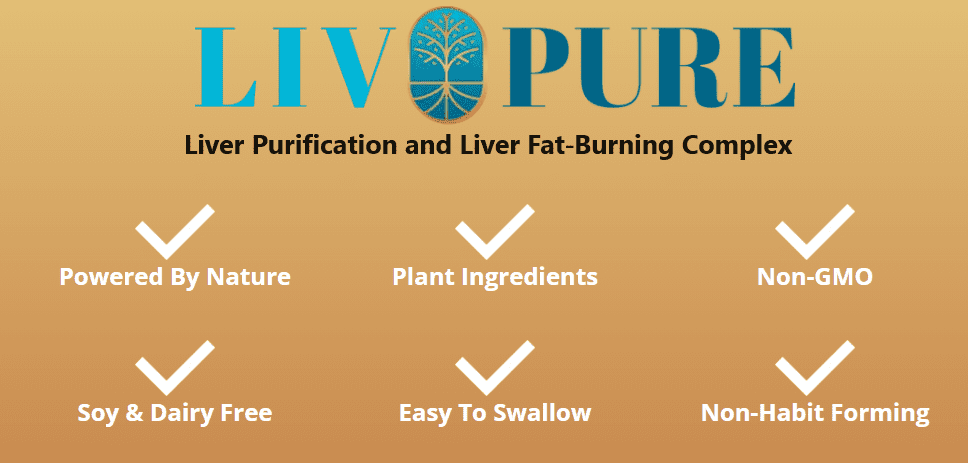Weight loss can have a significant impact on cholesterol levels. Cholesterol is a waxy substance that is found in the fats (lipids) in your blood. It plays a crucial role in the normal functioning of your body, but high levels can increase your risk of heart disease. There are two main types of cholesterol: LDL (low-density lipoprotein) and HDL (high-density lipoprotein). LDL is often referred to as “bad” cholesterol because it can build up in the walls of your arteries, increasing your risk of heart disease. HDL, on the other hand, is known as “good” cholesterol because it helps to remove LDL from your bloodstream.
Weight loss can lower your cholesterol levels in several ways. One of the main ways is by reducing the amount of fat in your diet. When you lose weight, you are also likely to reduce the amount of saturated fat, trans fat, and cholesterol that you eat. These types of fats can raise your LDL levels, so reducing them can help to lower your cholesterol.
Another way that weight loss can lower your cholesterol is by increasing your physical activity. Exercise can help to increase your HDL levels, which can help to remove LDL from your bloodstream. Additionally, regular physical activity can help to lower your blood pressure, which can also reduce your risk of heart disease.
Weight loss can also help to lower your cholesterol by improving your insulin sensitivity. Insulin is a hormone that helps to regulate your blood sugar levels. When you are overweight or obese, your body may become resistant to insulin, which can lead to high blood sugar levels and an increased risk of heart disease. Losing weight can help to improve your insulin sensitivity, which can lower your cholesterol levels.
In addition to weight loss, there are other lifestyle changes that can help to lower your cholesterol. These include:
- Eating a healthy diet that is high in fruits, vegetables, whole grains, and lean proteins
- Limiting your intake of saturated and trans fats
- Quitting smoking
- Limiting your alcohol intake
- Managing your stress levels
It’s important to note that while weight loss can be an effective way to lower cholesterol, it may not be the only solution. Genetic factors and other underlying health conditions can also affect cholesterol levels. If you are concerned about your cholesterol, it’s important to talk to your doctor about the best course of action for you. They may recommend additional lifestyle changes or medications to help manage your cholesterol levels.
In conclusion, weight loss can be an effective way to lower cholesterol levels. By reducing the amount of fat in your diet, increasing your physical activity, improving your insulin sensitivity, and making other healthy lifestyle changes, you can help to lower your LDL levels and reduce your risk of heart disease. However, it’s important to consult with your doctor to determine the best approach for you, as weight loss may not be the only solution for managing cholesterol levels.
 Transform your weight loss journey with Alpilean Weight Loss Support Solution. Our innovative formula is designed to provide comprehensive support in your quest for a healthier and slimmer you. Alpilean combines the power of natural ingredients to boost your metabolism, control cravings, and enhance your energy levels, making it easier than ever to reach your weight loss goals. By clicking the link, you’ll open the door to a world of effective, science-backed weight loss support that can help you shed those extra pounds and feel more confident in your own skin. Don’t miss the opportunity to take charge of your health and wellness with Alpilean – your path to a fitter, happier you begins with just one click. Click Here To For The Alpilean Weight Loss Support Solution!
Transform your weight loss journey with Alpilean Weight Loss Support Solution. Our innovative formula is designed to provide comprehensive support in your quest for a healthier and slimmer you. Alpilean combines the power of natural ingredients to boost your metabolism, control cravings, and enhance your energy levels, making it easier than ever to reach your weight loss goals. By clicking the link, you’ll open the door to a world of effective, science-backed weight loss support that can help you shed those extra pounds and feel more confident in your own skin. Don’t miss the opportunity to take charge of your health and wellness with Alpilean – your path to a fitter, happier you begins with just one click. Click Here To For The Alpilean Weight Loss Support Solution!




































